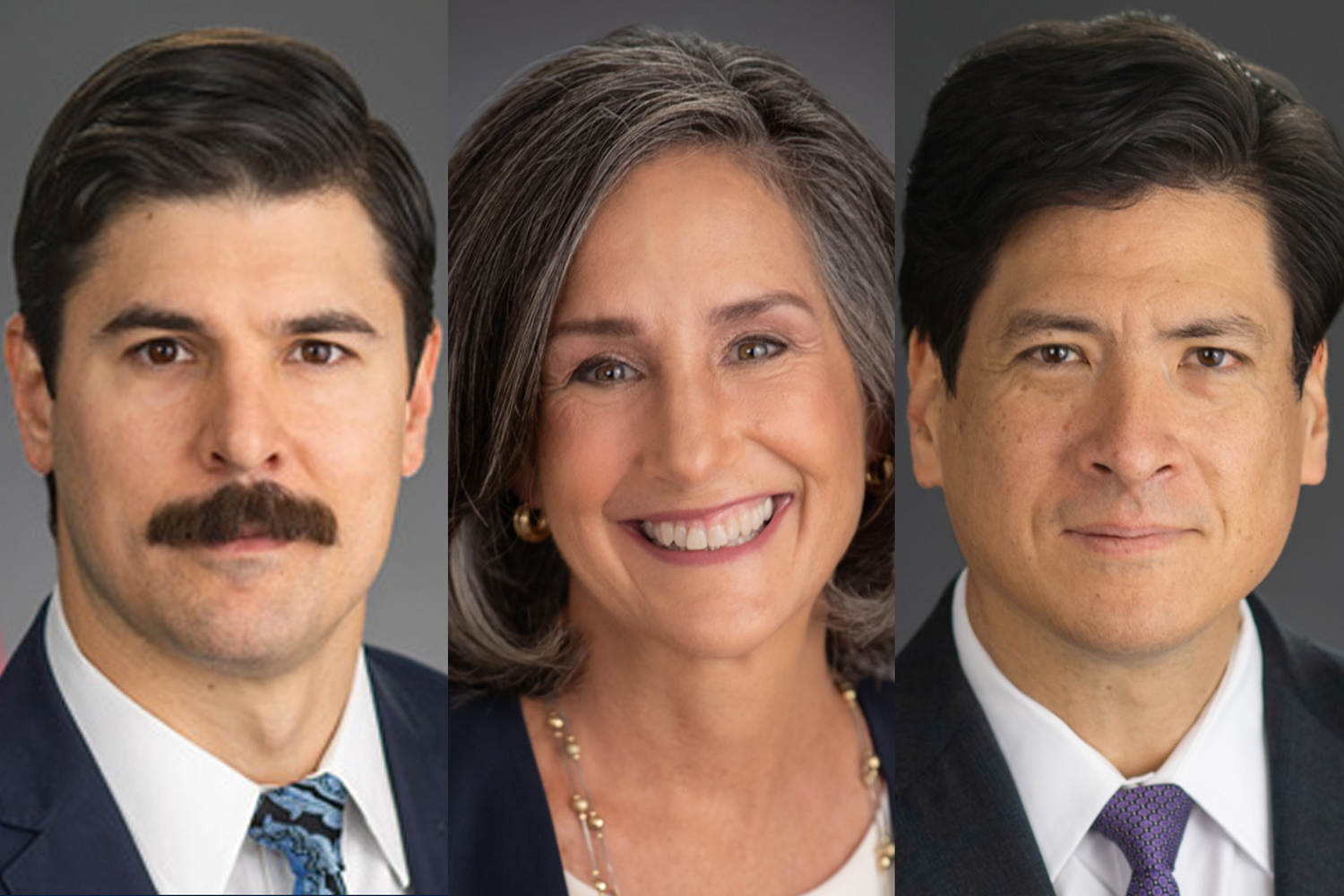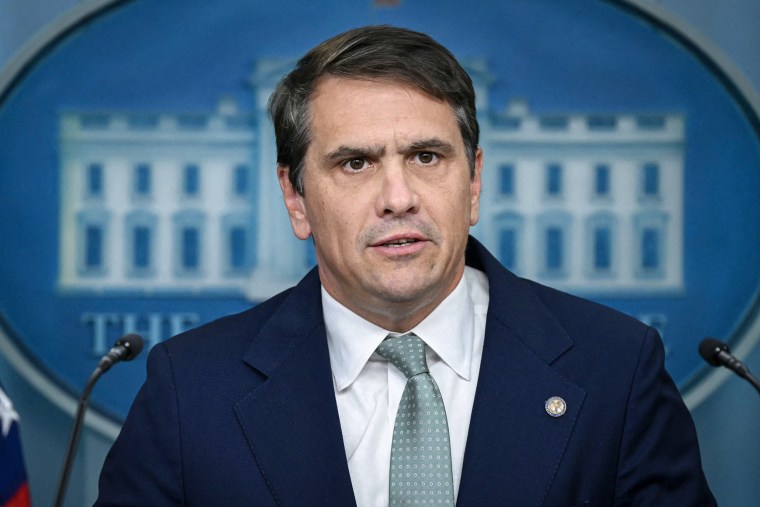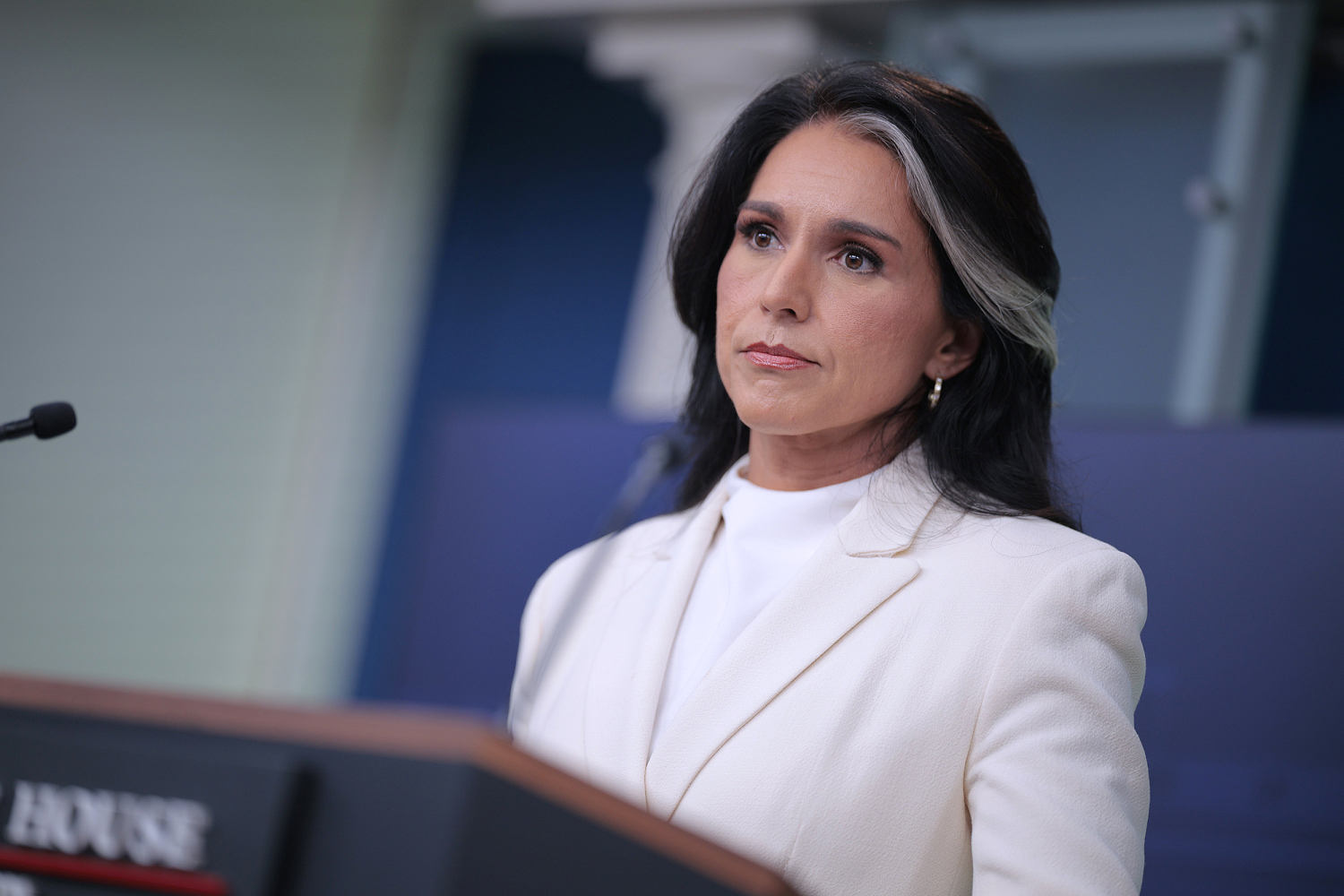Supreme Court allows Trump to fire members of product safety agency


WASHINGTON — The Supreme Court on Wednesday allowed President Donald Trump to fire members of the Consumer Product Safety Commission, a federal agency Congress set up to be independent of political pressures.
The justices, granting an emergency request filed by the Trump administration, blocked a Maryland-based federal judge’s ruling that reinstated Mary Boyle, Alexander Hoehn-Saric and Richard Trumka Jr., all of whom were appointed by President Joe Biden.
Without the three members, the five-member commission would for now lack the necessary quorum to fulfill its obligation to protect consumers from defective products.
Under existing law, members can be removed only for “neglect of duty or malfeasance,” but Trump went ahead and fired them anyway, as he has done at other agencies with similar restrictions as part of his aggressive efforts to reshape the federal government.
The Supreme Court in May allowed him to fire members of the National Labor Relations Board and the Merit Systems Protection Board, casting aside precedent dating to 1935 that upheld removal protections.
The unsigned order Wednesday said the latest case was “squarely controlled” by what the high court decided then.
As in the previous case, the three liberal justices on the conservative-majority court dissented.
“Once again, this court uses its emergency docket to destroy the independence of an independent agency, as established by Congress,” Justice Elena Kagan wrote.
The court has ruled in favor of the Trump administration on a wide variety of issues in cases that reach the court on an emergency basis, with decisions made quickly with little explanation and without extensive briefing or oral arguments. Most recently, the court on July 14 allowed the administration to move ahead with mass layoffs at the Education Department.
In ruling against Trump on the independent agency firings, lower court judges relied on the 1935 precedent, a case called Humphrey’s Executor v. United States, which the Supreme Court has not overturned but has signaled it will in due course.
The court has in recent rulings undermined the 1935 precedent by saying similar restrictions on presidential power involving other agencies are unconstitutional because they infringe on the core constitutional powers of the president.
In 2020, the court ruled on those grounds in a case involving the Consumer Financial Protection Bureau director and followed that up with a similar ruling a year later concerning the Federal Housing Finance Agency.
Trump in May moved to fire the three Consumer Product Safety Commission members. A month later, U.S. District Court Judge Matthew Maddox ordered that they be reinstated and they returned to their jobs while litigation continued.
The Richmond, Virginia-based 4th U.S. Circuit Court of Appeals declined to put Maddox’s ruling on hold.
The commission, set up in 1972 by Congress, oversees a wide variety of consumer product issues, including safety standards and research into injury prevention.
Sen. Amy Klobuchar, D-Minn., a member of the Commerce, Science, and Transportation Committee, criticized the Supreme Court’s decision.
“By firing the three Democratic commissioners, the President has undermined the independent structure of the Commission and its critical work—and the Supreme Court is letting it happen,” Klobuchar said.
To insulate the commission from politics, Congress gave the members staggered seven-year terms, stipulated that only three could represent the same political party and said the president could not fire them at will.
All five members, who are appointed by the president and confirmed by the Senate, are expected to have expertise in consumer product safety issues.
Solicitor General D. John Sauer said in court papers that Maddox’s ruling has “sown chaos and dysfunction” at the agency, with the reinstated members moving to undo actions the commission took after they were initially fired.
Kara Rollins, litigation counsel for the nonprofit legal group New Civil Liberties Alliance, which is not directly involved in the case but is engaged in other legal battles against the commission, said in a statement that the high court’s order “puts an end to the chaos” that followed Maddox’s ruling.
Lawyers for the commission members wrote in their own filing that the court would be adding to the disruption if it allowed their clients to be removed from office a second time. In some cases, the three commissioners have been “undoing actions that the CPSC unlawfully took” during the time they were prevented from working, the lawyers added.





